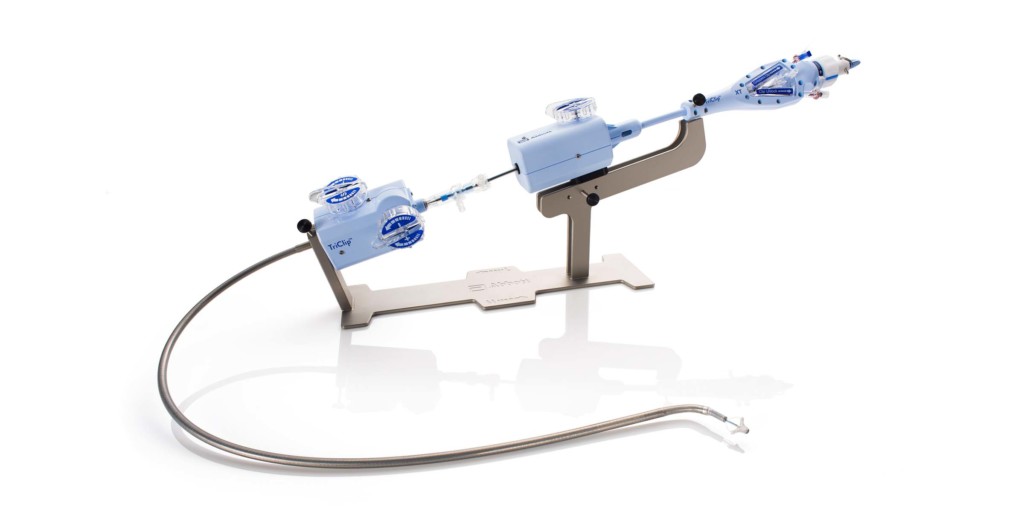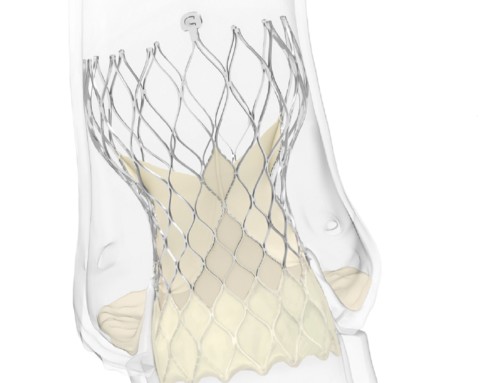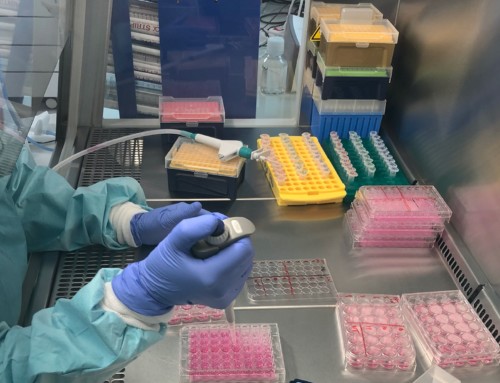
TriClip
New data indicate that a novel transcatheter system for tricuspid valve repair (TriClip, Abbott) was safe and associated with strong clinical improvement at six-months—including a reduction in tricuspid regurgitation and improvement in quality of life—in patients with severe tricuspid regurgitation. The findings were presented at the 2019 Transcatheter Cardiovascular Therapeutics (TCT) meeting (25–29 September, San Francisco, USA).
According to a press release, the results build upon the initial 30-day data from the TRILUMINATE feasibility study, which suggested TriClip was a promising therapy for tricuspid regurgitation. After six months, the TRILUMINATE Feasibility Study showed patients who received Abbott’s TriClip device saw a number of benefits, including:
- Reduction of tricuspid regurgitation. Within the study, 87% of patients had a reduction in their tricuspid regurgitation at six months, with 57% of patients implanted having a tricuspid regurgitation classification of moderate or better vs. only 6% of patients with the same classification at the time of enrolment.
- Symptom improvement. Patients receiving TriClip had reduction in their symptoms, with 87% of patients implanted with TriClip being classified as NYHA functional class I/II at six months vs. only 25% of patients receiving the same classification at the time of enrolment. (NYHA is a classification of functional limitations resulting from cardiac disease.)
- Quality of life improvements. Patients receiving TriClip showed improved KCCQ (Kansas City Cardiomyopathy Questionnaire) scores and a reduction in symptoms that are associated with a reduced burden of their clinical condition and improved physical output.
Georg Nickenig (Department of Cardiology, University Hospital, Bonn, Germany), lead investigator of the study, comments: “Since we enrolled our first patient in the study, we have seen promise in this device for effectively treating people with tricuspid regurgitation. The potential for a catheter-based option like Abbott’s TriClip device is promising for long-term patient outcomes, and we look forward to continuing to share additional findings in the future.”
The TRILUMINATE Feasibility study was a prospective, single-arm, multicentre study, which investigated the performance of Abbott’s proven clip-based repair technology using the tricuspid valve repair system, TriClip, in 21 sites across the USA and Europe. The press release reports that TriClip builds upon the proven success of Abbott’s clip-based MitraClip technology, which treats people with leaky mitral valves, or mitral regurgitation.





